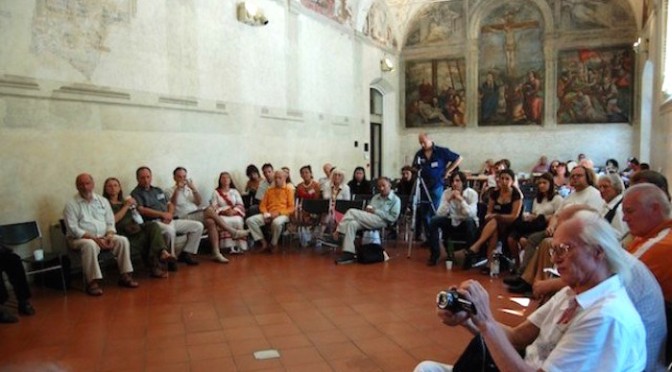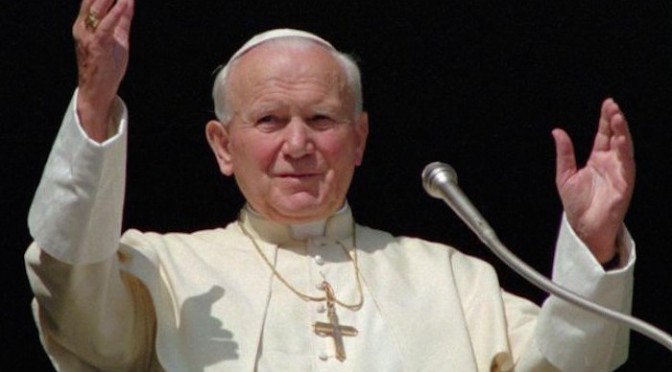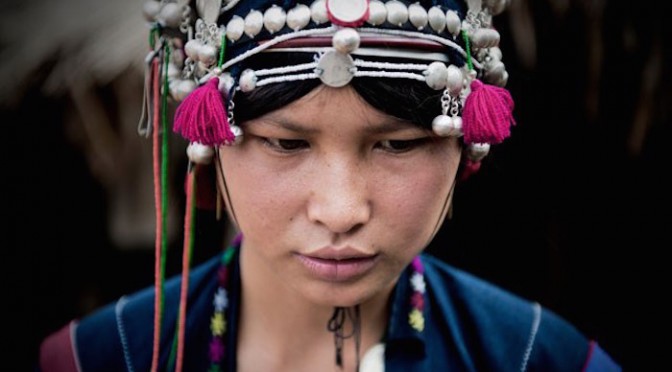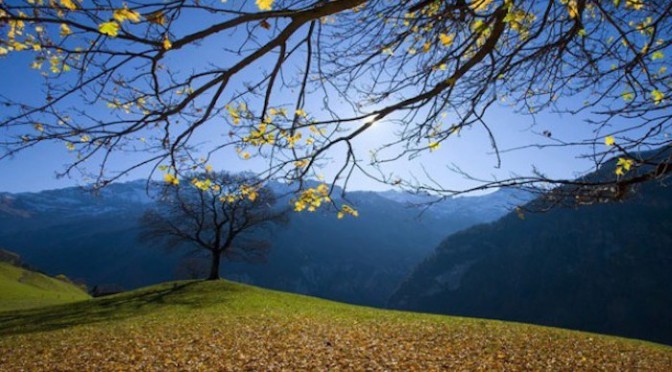As with most other indigenous ethnic or folk religions, the ancestors of modern-day Scandinavians actually had no specific name for their religion. In those ancient times, when the whole community lived by one same religion, there was no need for a “name,” because there were simply no other religions known to them at the time. Continue reading Nine Noble Virtues of Ásatrú
Category Archives: REPORTS
ETHICS OF BALTIC RELIGION
By Jonas Trinkūnas
The Lithuanians’ ancient religion is inseparable from homeland, ancestors’ land, language; it takes its root in high antiquity and our ancestors are its originators. The ancestors pass on their most sacred knowledge to us as a traditional culture with its customs, morality, folk songs, etc. The religion itself formed as an expression of the sacrality of cultural traditions, closely related with the moral outlook. Continue reading ETHICS OF BALTIC RELIGION
THREE BASES FOR A PAGAN TRADITIONAL ETHIC IN THE PRESENT WORLD
At the ECER congress, Bologna 26-29th August 2010 c.e.
Warning: In these pages I make a wide use of the words “Pagan” and “Paganism”, even though I know that these words aren’t adopted or approved by every group here. But since I’m going to talk about some general principles that should be common to several ancient non-monotheistic traditions and since here in Italy we are used to hear many people saying that Italian tradition is only catholic tradition, I’ve decided to use the word “pagan” only to mean a tradition coming from these ancient non-monotheistic religions. Continue reading THREE BASES FOR A PAGAN TRADITIONAL ETHIC IN THE PRESENT WORLD
Ethics, moral and virtue in the context of the germanic pagan folks
By Frank Wilke
The term ethics (old Greek ethos) designates the habit, custom, usages and kind of sense of a folk. Thus the ethics is the science of correct or wrong acting and wanting (of an individual, a folk or a society) and struggles for the attempt of a clarifying of the elementary question, what good and bad is. Additionally that central, most-discussed subsection of philosophy, which concerns practically each humans, includes the terms of the individual human freedom, the social standards, the morality and the moral itself in general. Continue reading Ethics, moral and virtue in the context of the germanic pagan folks
ΟΙ ΥΨΗΛΕΣ ΑΞΙΕΣ ΤΩΝ ΠΡΟΧΡΙΣΤΙΑΝΙΚΩΝ ΠΑΡΑΔΟΣΕΩΝ ΚΑΙ ΘΡΗΣΚΕΙΩΝ
«ΟΙ ΥΨΗΛΕΣ ΑΞΙΕΣ ΤΩΝ ΠΡΟΧΡΙΣΤΙΑΝΙΚΩΝ ΠΑΡΑΔΟΣΕΩΝ ΚΑΙ ΘΡΗΣΚΕΙΩΝ»
Το 7ο Παγκόσμιο Συνέδριο Εθνικών Θρησκειών (World Congress Of Ethnic Religions, W.C.E.R.), που είχε θέμα «Οι Υψηλές Αξίες των Προχριστιανικών Παραδόσεων και Θρησκειών», πέρασε πια στην Ιστορία, όχι τόσο ως το μεγαλύτερο έως τώρα πολιτιστικό γεγονός στην Ελλάδα σε ό,τι αφορά τον σεβασμό στις προχριστιανικές παραδόσεις των λαών της γής (αμφιβάλλω άλλωστε αν ποτέ καν έλαβε χώρα σε αυτόν τον τόπο κάτι αντίστοιχο ή παραπλήσιο.), αλλά, κυρίως, ως ένα πέρα για πέρα επιτυχημένο διεθνές συνέδριο, Continue reading ΟΙ ΥΨΗΛΕΣ ΑΞΙΕΣ ΤΩΝ ΠΡΟΧΡΙΣΤΙΑΝΙΚΩΝ ΠΑΡΑΔΟΣΕΩΝ ΚΑΙ ΘΡΗΣΚΕΙΩΝ
The Pagans’ Letter to the Pope The Committee for the Pope’s Millennium Apology
Easter / Earth Day, April 23, 2000
Pope John Paul II
Vatican City
Your Holiness:
In November of 1999, this Committee sent to you a letter bearing 1,643 signatures representing the many millions of Pagans worldwide, and requesting the inclusion of our Pagan forebears (i.e. peoples of indigenous pre-Christian religious beliefs and cultures) in your March 12, 2000 Mass of Pardon: “Universal Prayer; Confession of Sins and Asking for Forgiveness.” Continue reading The Pagans’ Letter to the Pope The Committee for the Pope’s Millennium Apology
Do the Gods Exist? by Michael York
Can they be found sitting somewher on thrones or perhaps in the thrones of physical embrace with one of us mere but lucky mortals? Perhaps sometimes is the answer. But whatever they are, they belong in part if not in essence to the supernatural, the preternatural or the superempirical. In other words, the vector of possibility allows them to manifest to us but not for us to access them in any direct or demonstrable manner. The nonempirical is simply beyond the natural world which we can approach, measure and test through science. This is not to say that it simply does not exist but that it exists differently. If this were not so, it would not be the magical otherworld that it is. Continue reading Do the Gods Exist? by Michael York
The Akha People a report by Matthew McDaniel
The Akha tribe lives in the North of Tailand. Up to now, the people of Akha have preserved their unique ethnic culture and faith. They are now feeling great pressure from Christian missionaires. The people of Akha are constantly under the threat of disappearance. Mathew McDaniel lives with them and tries to help them. He also keeps the members of WCER informed about the news and events affecting the Akha people through the internet. The information we get demonstrates the actual tragedy created by the disturbance of a living traditional culture. Here is one of his latest reports. Continue reading The Akha People a report by Matthew McDaniel
Shinto a report by Michael Strmiska
Earth is our Mother a paper by P. Parameswaran President, Vivekananda Kendra, Kenyakumar, Bharat (India)
Written for the 2nd Conference of the WCER
I consider it a privilege to present a paper in this international conference, representing Hinduism and also Vivekananda Kendra – a spiritually oriented institution and a dynamic movement established to commemmorate the memory of Swami Vivekananda and to translate his world-vision into practice. Continue reading Earth is our Mother a paper by P. Parameswaran President, Vivekananda Kendra, Kenyakumar, Bharat (India)
Paganism as a Metagrid of the Future a paper by Prof. Lokesh Chandra Written for the 2nd Conference of the WCER
The New Encyclopaedia Britannica (15th edition, 1979) defines paganism as “practices and beliefs that are incompatible with monotheism; it thus often designates what is neither Christian, Jewish nor Islamic”. In positive terms Paganism is a seeking of the symbols of consciousness, a way to wisdom, a resonating integrity of the multiple. Continue reading Paganism as a Metagrid of the Future a paper by Prof. Lokesh Chandra Written for the 2nd Conference of the WCER
A speech by Koenraad Logghe given at the 2nd Conference of WCER, August 11, 1999
Dear spiritual sisters and brethren
One year after we gathered in Vilnius, we are now together in Telsiai. One year of experience, one year of searching, of comparing ideas, one year of – sometimes heavy – discussions, one year of friendship, one year of efforts to see how we could collaborate. Some persons have worked very hard to realise a dream that many of us have. Continue reading A speech by Koenraad Logghe given at the 2nd Conference of WCER, August 11, 1999



